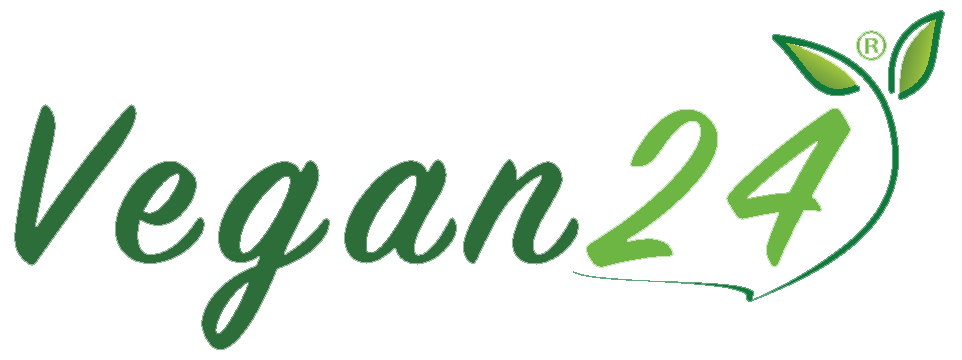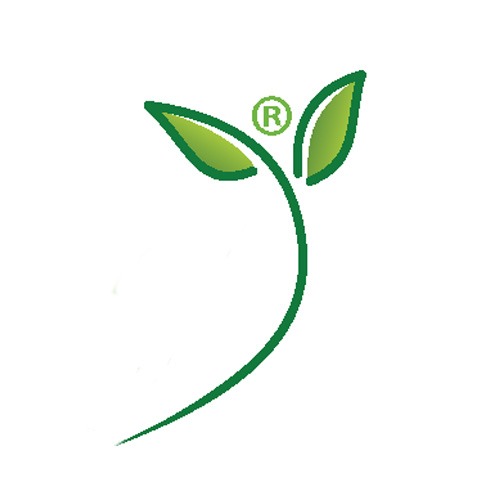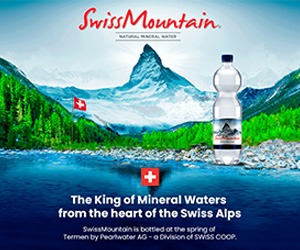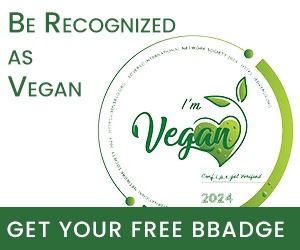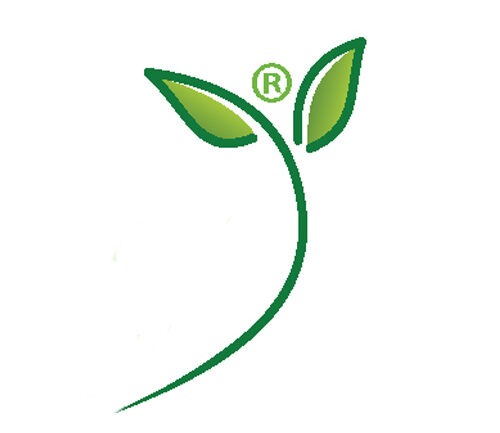Milk has been a staple in many households for decades, touted for its rich supply of calcium, vitamin D, and other essential nutrients. However, with a shift towards more health-conscious and ethical lifestyles, the necessity and benefits of milk consumption are being called into question.
The Nutritional Shift Away from Milk
For years, campaigns like Got Milk? have positioned cow’s milk as an indispensable part of a healthy diet. This notion is deeply rooted in Western culture, particularly where milk has historically been a primary source of essential nutrients. However, contemporary nutrition science and dietary habits are evolving. Increasingly, evidence suggests that the health risks associated with dairy may outweigh its benefits, and that essential nutrients found in cow’s milk are readily available from plant-based sources.
Health Risks Associated with Milk Consumption
Recent studies highlight several potential health risks tied to regular consumption of cow’s milk. These include:
- Increased Risk of Chronic Diseases: Some research links high dairy intake with a greater risk of prostate and ovarian cancer. Additionally, milk’s saturated fat content can contribute to cardiovascular diseases.
- Lactose Intolerance: A significant portion of the global population lacks the enzyme necessary to digest lactose, the sugar found in milk, leading to a range of gastrointestinal symptoms such as bloating, diarrhea, and gas.
- Bone Health Concerns: Contrary to popular belief, excessive milk consumption does not guard against fractures and may be linked to higher fracture rates according to some studies.
Plant-Based Alternatives
Dietitians point out that all the “beneficial” nutrients in milk can be obtained more healthily from plant sources. Foods like fortified tofu, leafy greens, almonds, chia seeds, and plant-based milks are excellent sources of calcium and vitamins without the health risks posed by dairy.
Environmental and Ethical Considerations
Beyond health concerns, the production of cow’s milk has significant environmental and ethical implications. Dairy farming is a major contributor to greenhouse gas emissions, water pollution, and land degradation. Ethically, the dairy industry often involves practices that many consider to be cruel to animals, such as the separation of calves from their mothers.
Conclusion
While milk has been celebrated as a health elixir in the past, modern dietary science and ethical considerations paint a different picture. With abundant plant-based alternatives providing the same nutritional benefits without the health risks or ethical dilemmas, the argument for including cow’s milk in the diet is becoming increasingly weak. As society continues to embrace a more health-conscious and sustainable lifestyle, the decline in milk consumption reflects a broader trend towards plant-based eating. Whether for health, environmental, or ethical reasons, it seems clear that humans indeed do not “need” milk as once believed.
